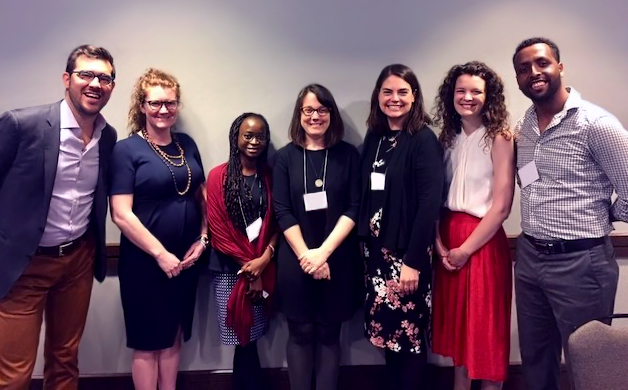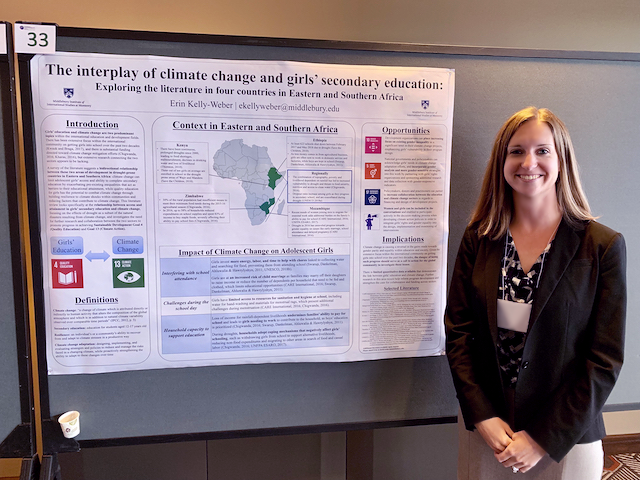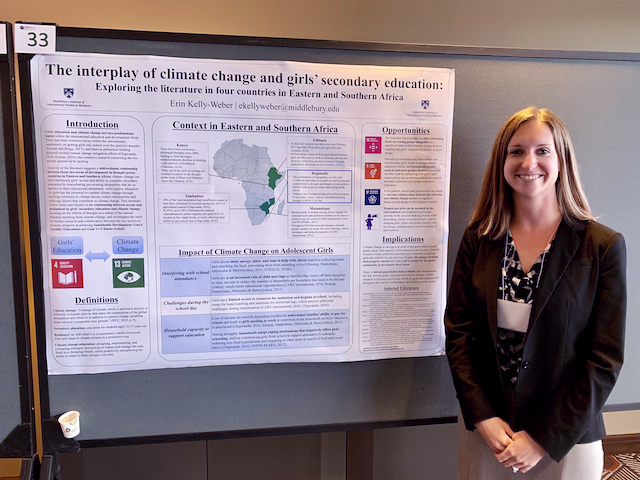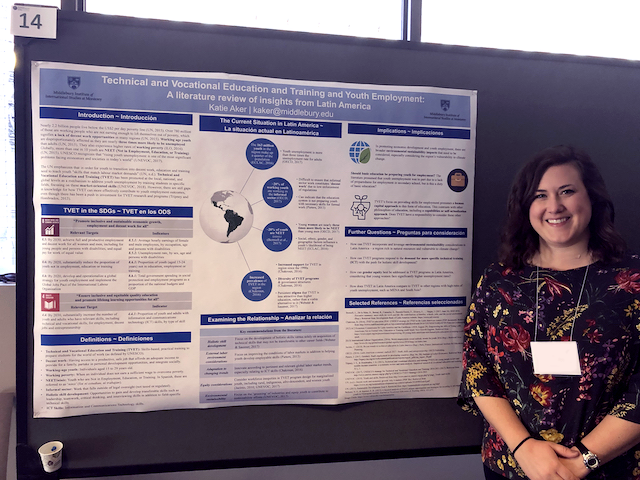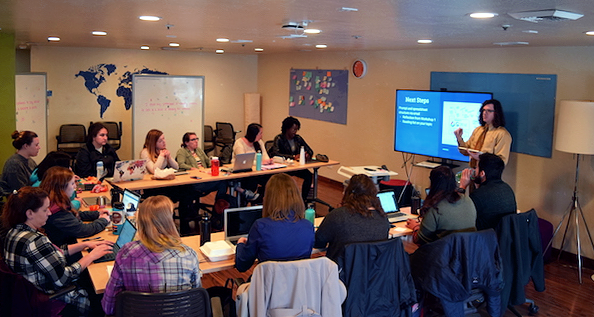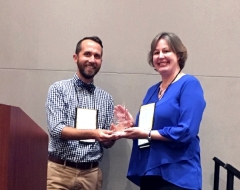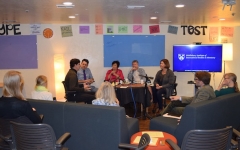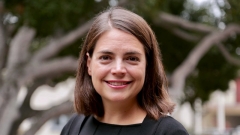Professor Katherine Punteney Honored With Service in International Education Award
| by Eva Gudbergsdottir
Middlebury Institute Professor and International Education Management Program Chair Katherine Punteney was honored with the Service in International Education Award at the Association of International Educators (NAFSA) Region 12 Conference.

